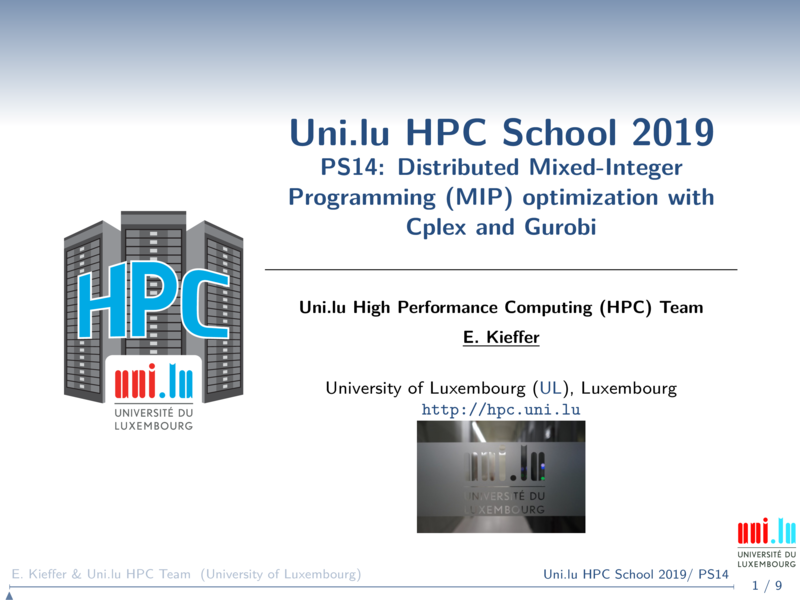

When needed, at runtime, OR-Tools will search for the Gurobi shared SCIP license to ensure that you are complying Warning:While OR-Tools ships with SCIP, please consult the Since v7.8, SCIP is now integrated so you won't have to install it manually. Then enter: tools\make third_party Using SCIP Open a terminal and navigate to the directory where you extracted the files. Git fetch -all -tags -prune git checkout tags/v7.5 -b v7.5īefore building OR-Tools, you'll need to build the required third party software. You can check out a specific release using a Gitįor example, to work with the v9.2 release instead of the master branch,Įnter the following commands in your local repo:

The master branch is where the latest updates and improvements The stable branch has been thoroughly tested and should work flawlessly on all There are two distinct branches of the OR-Tools source code on Then verify that you have pip 9.01 or higher available in your PATH: python -version python -c "import platform print(platform.architecture())" python -m pip -version Download the source code You must have one of the following versions of Python installed:

When installing CMake, select the option for a command-line accessible cmake. X64 Native Tools Command Prompt ( not the Developer Command Prompt).ĬMake (>= 3.5), which can be downloaded from To build OR-Tools programs from the command line you must use a On your computer with the C++ toolset for Visual Studio. To build and run OR-Tools on Windows, you must have Visual Studio 2019 or later installed The following sections describe the prerequisites for installing OR-Tools from source. Microsoft Visual Studio 2019 or Visual Studio Community 2019.Them on machines meeting the following requirements: Unless you plan to modify the source code or use a third-party solver with OR-Tools,Īlthough these instructions might also work on other Windows variants, we have only tested This guide explains how to install OR-Tools from source, with support for


 0 kommentar(er)
0 kommentar(er)
